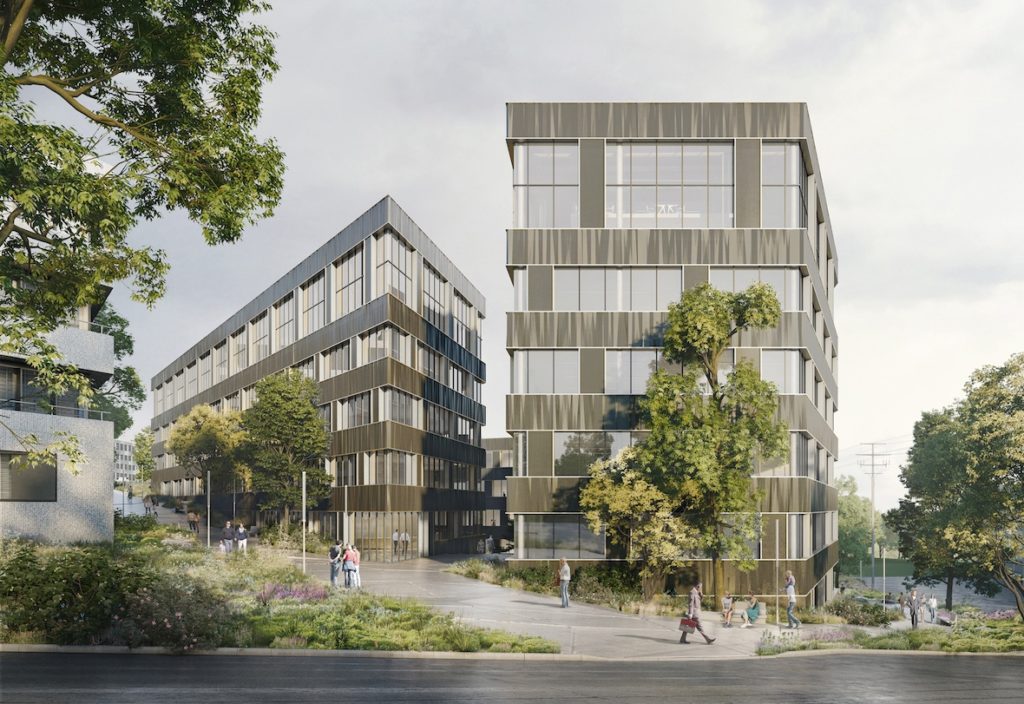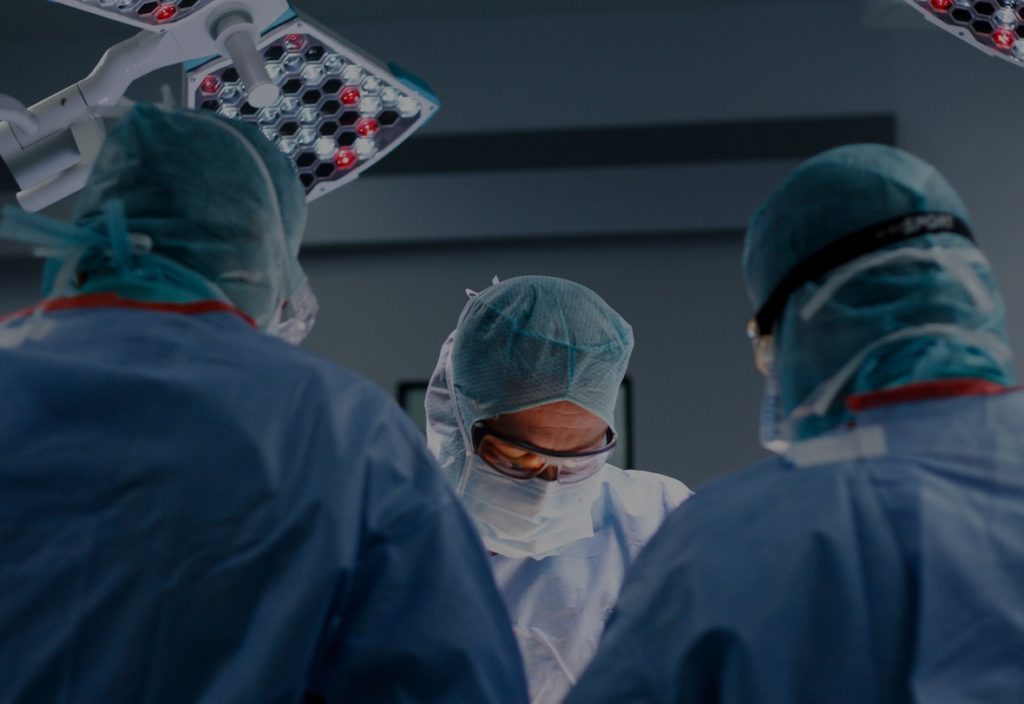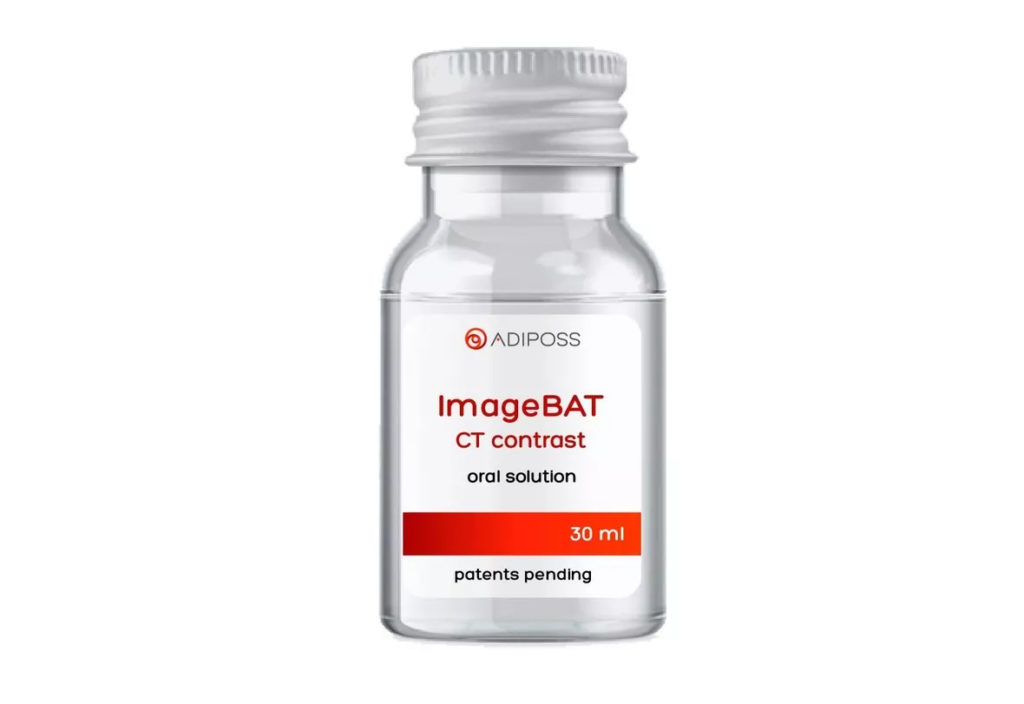
Release Therapeutics secures CHF 3.3 million to advance MLD research
13 August 2024
 With results expected in the fall of 2024, Release Therapeutics is well positioned to advance its mission to develop effective treatments for MLD and other genetic disorders.
With results expected in the fall of 2024, Release Therapeutics is well positioned to advance its mission to develop effective treatments for MLD and other genetic disorders.
Release Therapeutics has raised CHF 3.3 million in seed funding to advance its innovative approach to treating metachromatic leukodystrophy (MLD), a rare genetic disorder affecting young children.
Geneva-based Release Therapeutics, founded in 2023, has secured CHF 3.3 million in seed funding from private investors following the successful publication of its preclinical results in metachromatic leukodystrophy (MLD). MLD is a devastating genetic disorder of the nervous system that most commonly affects young children between the ages of 12 and 20 months. The disorder results from a deficiency in the lysosomal enzyme arylsulfatase A (ARSA), leading to severe neurological deterioration and, tragically, a life expectancy of less than five years for most affected children.
Release Therapeutics is pioneering a novel cell macroencapsulation technology designed to deliver therapeutic proteins directly across the human blood-brain barrier. This technology integrates an implantable macroencapsulation device with an immortalized myoblast cell line capable of producing a broad range of proteins for long-term delivery to the central nervous system (CNS). This approach offers a new way to treat genetic disorders such as MLD without relying on gene therapy.
The company recently entered into a strategic collaboration with the Innovation Unit for Gene and Cell Therapy (GENOV) at the Paris Brain Institute to test its technology in mice with MLD. The mice were implanted with an analog of Release Therapeutics’ Myo-P device and received ARSA enzyme replacement therapy for three months. Remarkably, the treated mice showed a reversal of disease progression, demonstrating the potential of this technology in the treatment of symptomatic MLD. These promising results were presented at the 20th WORLD Symposium on Lysosomal Storage Disorders by Dr. Françoise Piguet, Head of GENOV.
The newly secured funding will enable Release Therapeutics to advance its clinical development programs, including evaluating the impact of its technology in non-human primates. In the company’s press release, CEO Thomas Mehrling emphasized the significance of this milestone: “The seed funding testifies to the significance of our collaboration with the Paris Brain Institute and our findings towards treating MLD. We plan to launch a Series A raise in the final quarter of this year to submit an IND application and get our technology into the clinic as soon as possible.”

